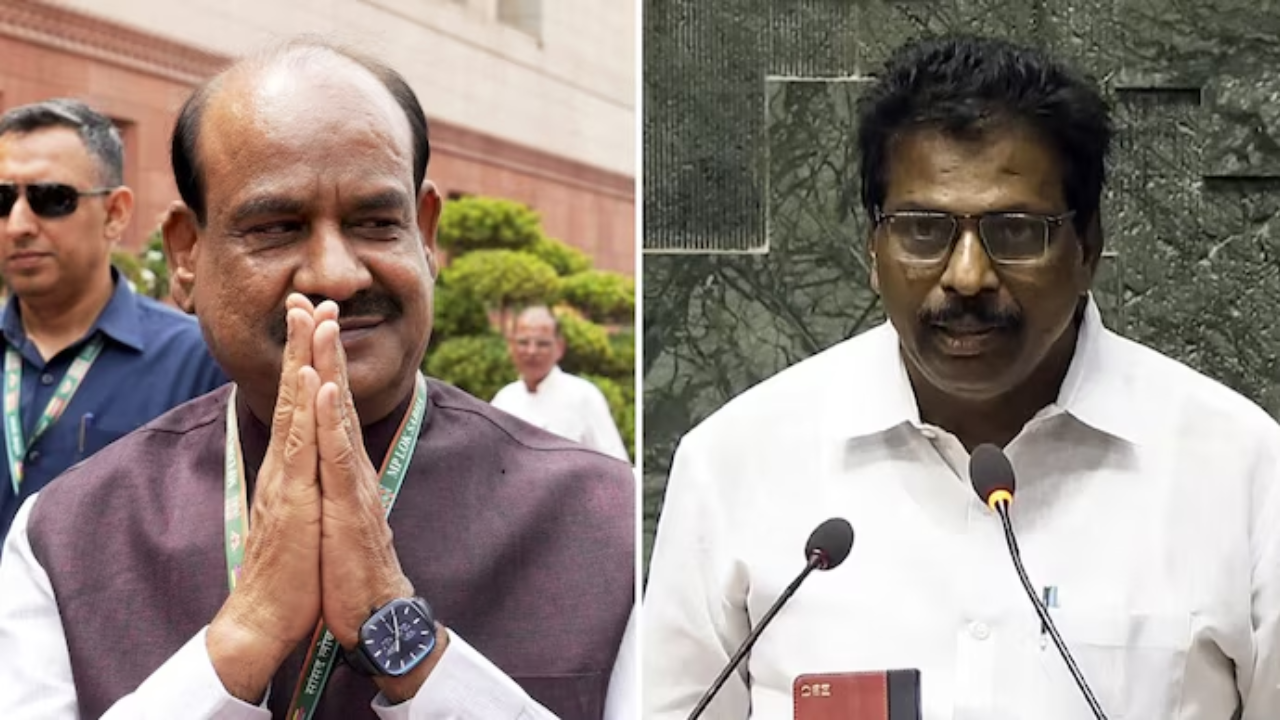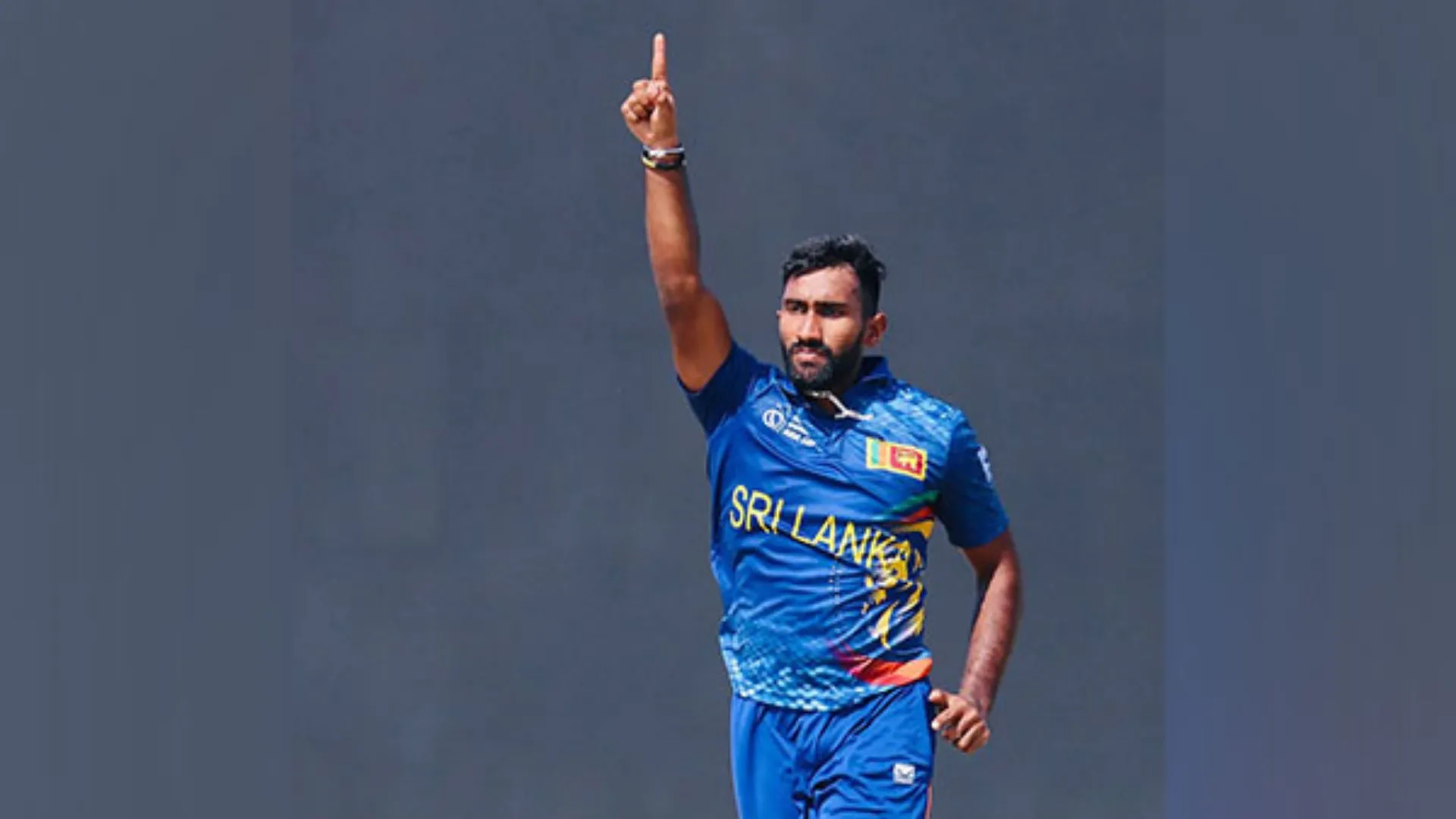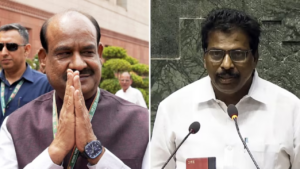The 18th Lok Sabha session commenced on Monday with a significant shift in protocol: an upcoming election for the position of Speaker on June 26, marking the first such contest since the Emergency era. Amidst failed negotiations between ruling and opposition parties, BJP’s Om Birla and Congress’ Kodikunnil Suresh have both filed their nominations for the esteemed role.
Traditionally, consensus dictates the selection of the Speaker, with the ruling party often securing the position, while the opposition assumes the Deputy Speaker role. However, this time, disagreements prompted each party to field their candidate. The BJP-backed Om Birla’s candidacy garnered conditional support from the opposition, contingent on securing the Deputy Speaker post for the INDIA bloc.
The INDIA bloc, comprising 233 seats in the Lok Sabha, bolstered by BJP-led NDA’s 293 seats, forms the current ruling coalition. Despite Congress’ strengthened position post-elections, the path to Speaker’s office remains contested.
Historically, elections for the Speaker have been rare, occurring only six times between 1925 and 1946 during the British India era. The first elected Speaker, Vitthalbhai J Patel of the Swaraj Party, set precedent in 1925, initiating a legacy of parliamentary leadership. Post-Independence, notable Speakers include GV Mavalankar and Balram Jakhar, who left indelible marks on India’s legislative history.
Both Om Birla and Kodikunnil Suresh bring formidable political pedigrees to their bids: Birla, a two-term Speaker known for his assertive stewardship during sessions, and Suresh, a veteran Congressman, esteemed for his legislative acumen and parliamentary finesse.
As the election approaches, political maneuvering intensifies, reflecting broader power dynamics within India’s parliamentary framework. The outcome of this electoral contest will shape legislative discourse and operational dynamics in the 18th Lok Sabha, pivotal to India’s democratic governance.
The forthcoming Speaker election not only underscores political polarization but also highlights the evolving landscape of Indian parliamentary traditions, navigating through a complex interplay of consensus-building and competitive politics.













